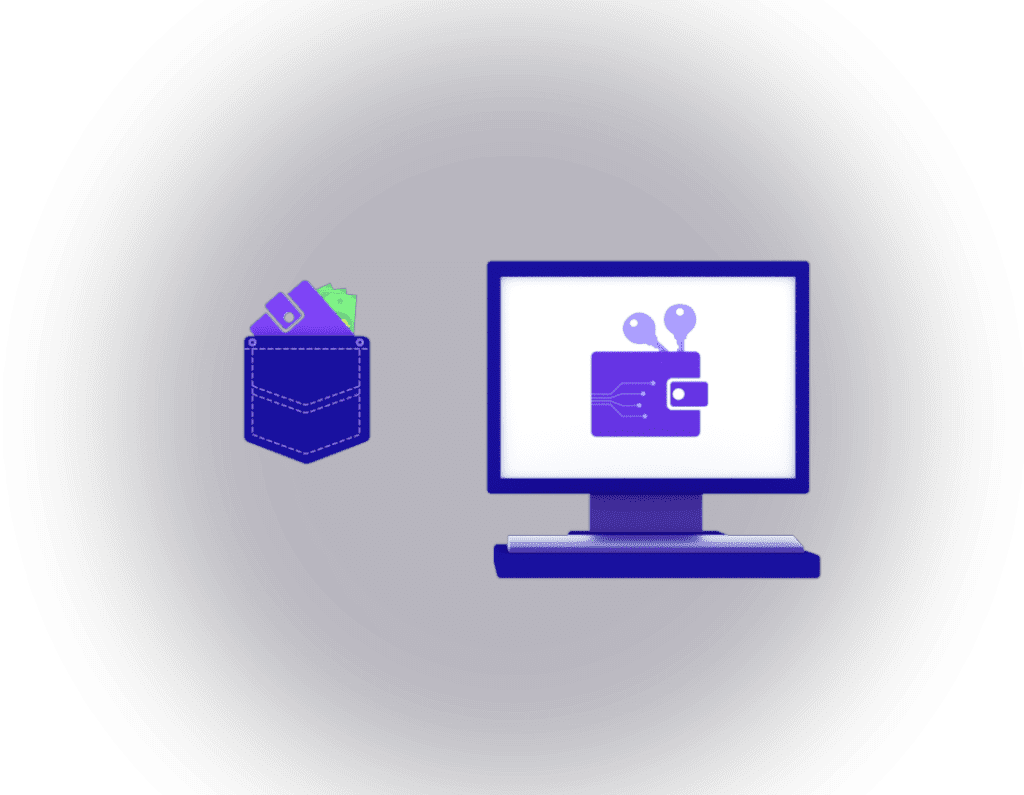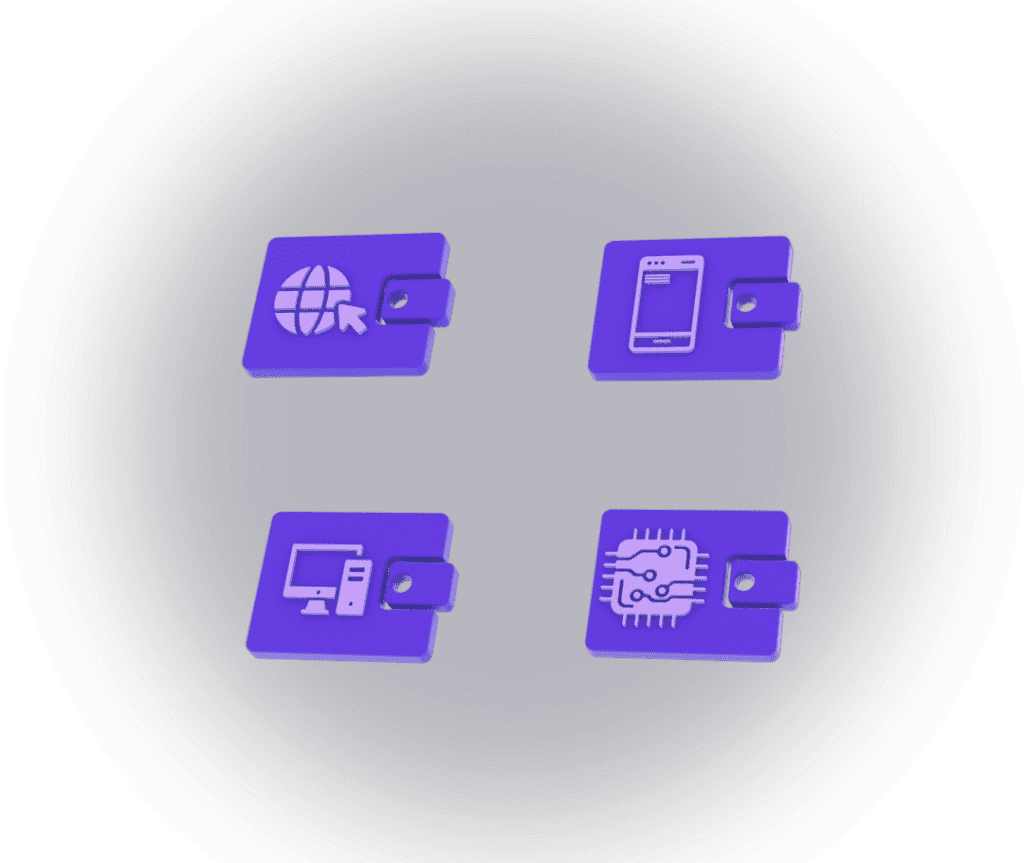What is a crypto wallet and how does it work?
A crypto wallet is a digital wallet that allows you to send and receive various cryptocurrencies. Unlike a regular wallet that holds your money, crypto wallets do not technically store your cryptocurrencies. Cryptocurrency wallets store users’ public and private keys. Your holdings exist on the blockchain, but can only be accessed by your private key. Keys prove ownership of digital money and enable transactions. Losing private keys means losing access to your cryptocurrencies.

A wallet can be compared to a personal bank account, to which only the owner has access, assuming that he has not shared his passwords with anyone. Also, for easier understanding, we can explain a public and a private key by comparison. A public key works similarly to a bank account number. It is presented as a wallet address that is passed to the person who wants to send cryptocurrencies to this wallet. The private key acts as a password. Only the private key can be used to confirm outgoing transactions and allow access to the wallet. Thus, an individual can send, receive and store his cryptocurrencies, except that the role of a bank in the traditional financial system is taken over by the blockchain.
In general, crypto wallets can be divided into:
- Desktop wallets: These are installed on your computer
- Mobile wallets: These are installed on your smartphone
- Online wallets: Hosted in the cloud and accessed through a web browser
- Hardware wallets: These are physical devices that store your keys offline and provide an extra layer of security

Cryptocurrencies are only as secure as the method used to store them. While cryptocurrencies can technically be stored directly on exchanges, this is not recommended unless the amounts are small or will be traded frequently.
For larger sums of cryptocurrency, it is recommended that they be kept in a hardware crypto wallet and not on an exchange. In this way, you retain ownership of your private keys and maintain full power and control over your funds.
